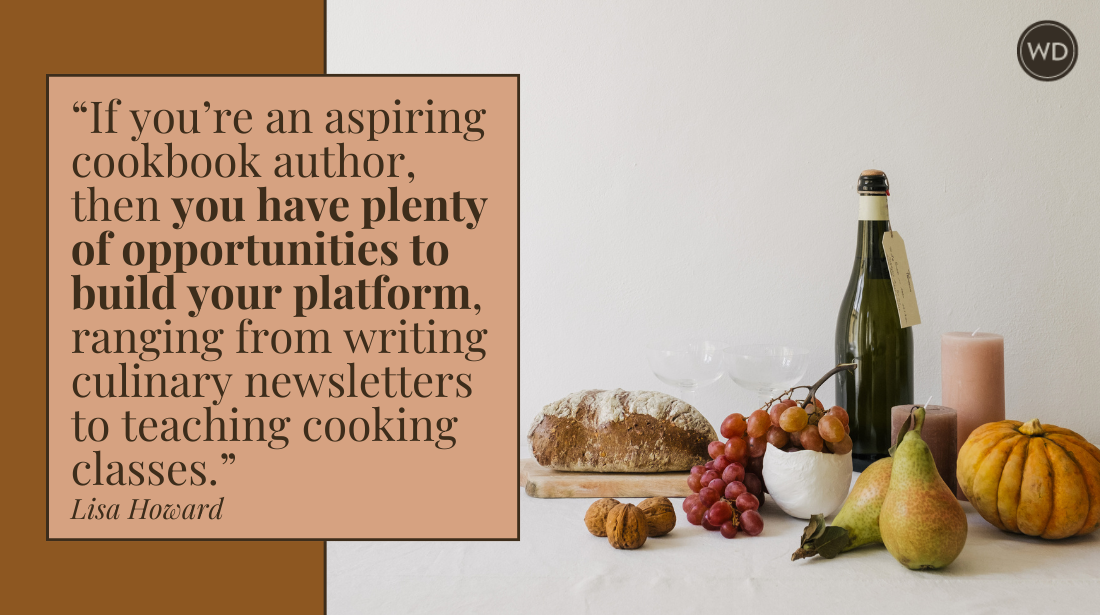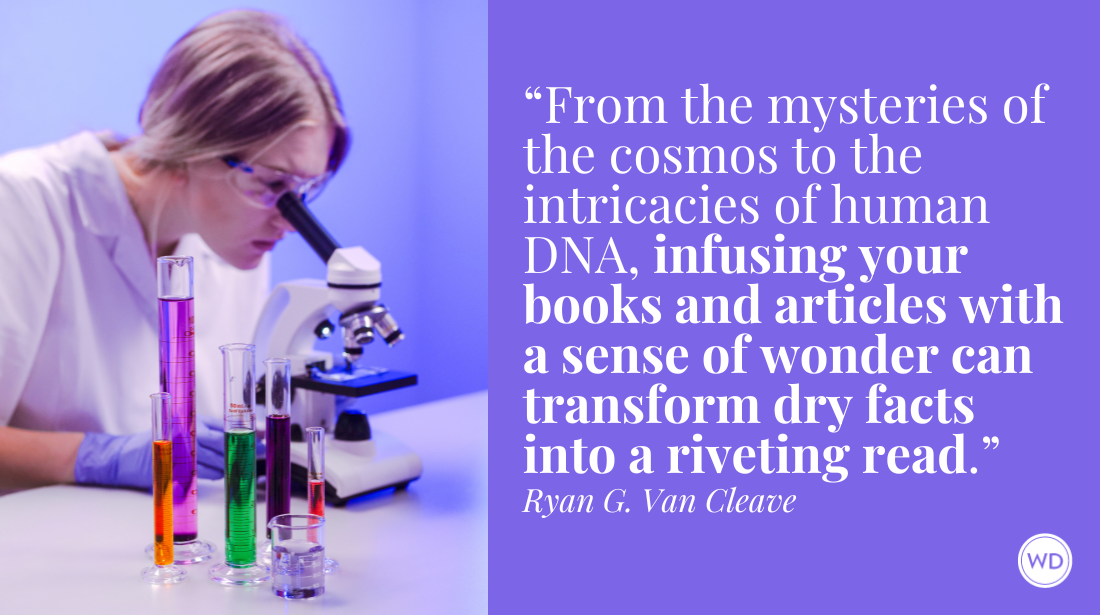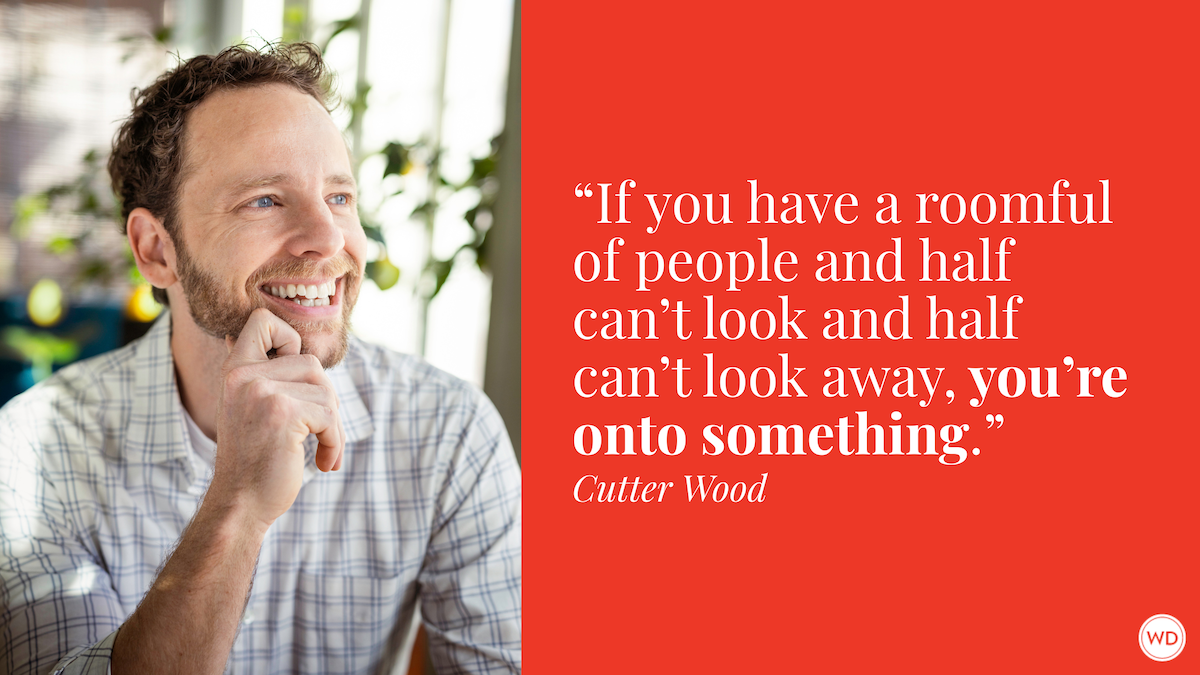Not for Me—But Thanks: How to Overcome Rejection in Book Publishing
Author John Bateson shares some of his experiences publishing five nonfiction books with different publishers (and a lot of rejections).
Truman Capote famously said that he never received a rejection from a publisher. If true, he was the exception because virtually every other writer has had one or more manuscripts turned down, often dozens of times. I have had five nonfiction books published, all by highly-regarded publishers, but each book received at least 20 rejections before seeing the light of day.
There is a story behind each book’s rejection. Some inspire hope, others persistence. Mainly, though, they are a testament to resiliency. It takes a lot of submissions, and a lot of rejections, to get published these days. Writers have to have faith that what they write is worth the time of other people to read it, and to keep at it.
After I completed the manuscript of my second book, a somewhat scholarly examination of suicides from the Golden Gate Bridge, I sent a proposal and sample to the executive editor of the University of California Press. UC Berkeley was my alma mater, and Golden Gate Bridge suicides were something of a local story. I don’t know whether she ever saw what I sent, however, because I received a rejection letter from someone else.
Undaunted, I submitted the manuscript to a dozen other academic presses, with the same result—12 rejections, most with form letters. I tried a few smaller, mainstream presses, as well as 20 or so literary agents, with no better luck. By this time a year had passed. One day I was browsing in a local bookstore and picked up a book that had professional interest. After thumbing through it and deciding to buy it, I noticed that it was published by UC Press. I read the book, got a lot out of it, and in the acknowledgments saw that the author credited the same woman who I queried about my bridge book. I sent a letter congratulating her and asking if, by chance, she had any interest in seeing the manuscript of a book I wrote without mentioning that I had ever contacted her before.
She wrote back promptly, thanked me for my letter, and said she would like to see my manuscript. A short time after I sent it, she contacted me and said she wanted to publish it—with one caveat. She didn’t like my title, and would only go ahead if it was changed to The Final Leap. I was naïve enough that I didn’t know the publisher had final say on a title because it was considered part of marketing, but I accepted the change because her title was, in fact, better than mine. The book came out, and more than 10 years later it continues to be referenced whenever there is an article on Golden Gate Bridge suicides or the new suicide prevention net on the bridge.
Flash forward to my fourth book, The Education of a Coroner. I didn’t have an agent, but by this time, with three books under my belt, I thought I didn’t need one. I emailed queries to 50 people, among them editors of my three previous books. They had nice things to say, but ultimately passed. So, too, did all the rest but one. The lone exception was an editor at Scribner. He emailed me within 10 minutes of my query to say that he was intrigued and to send him more information. I didn’t realize until I Googled him that not only was he an editor but he was the managing editor. We had a couple of good phone conversations, and Scribner bought the book, which subsequently was made into audio book and translated into multiple languages.
Since then I have had a fifth nonfiction book published that, like its predecessors, was years in the making and selling. I also have turned to writing fiction, and am collecting new rejection letters. Nearly all of them say variations of the same thing: “Thank you thinking of me and sharing your work. It’s well-written and the story has interest, but it’s not quite right for my list. Another editor may have a different opinion, so I wish you good luck in placing it elsewhere.”
A recent rejection I received is one of my favorites. It consisted of five words: “Not for me—but thanks.”
I had to laugh when I read it, and also admire the person’s brevity and frankness. People in the publishing world—agents and editors—receive hundreds of submissions every month, and it has to be discouraging to say no far more often than yes. At least this rejection didn’t keep me waiting long, and it wasn’t a form letter. Sometimes a writer has to derive solace wherever he or she can.








